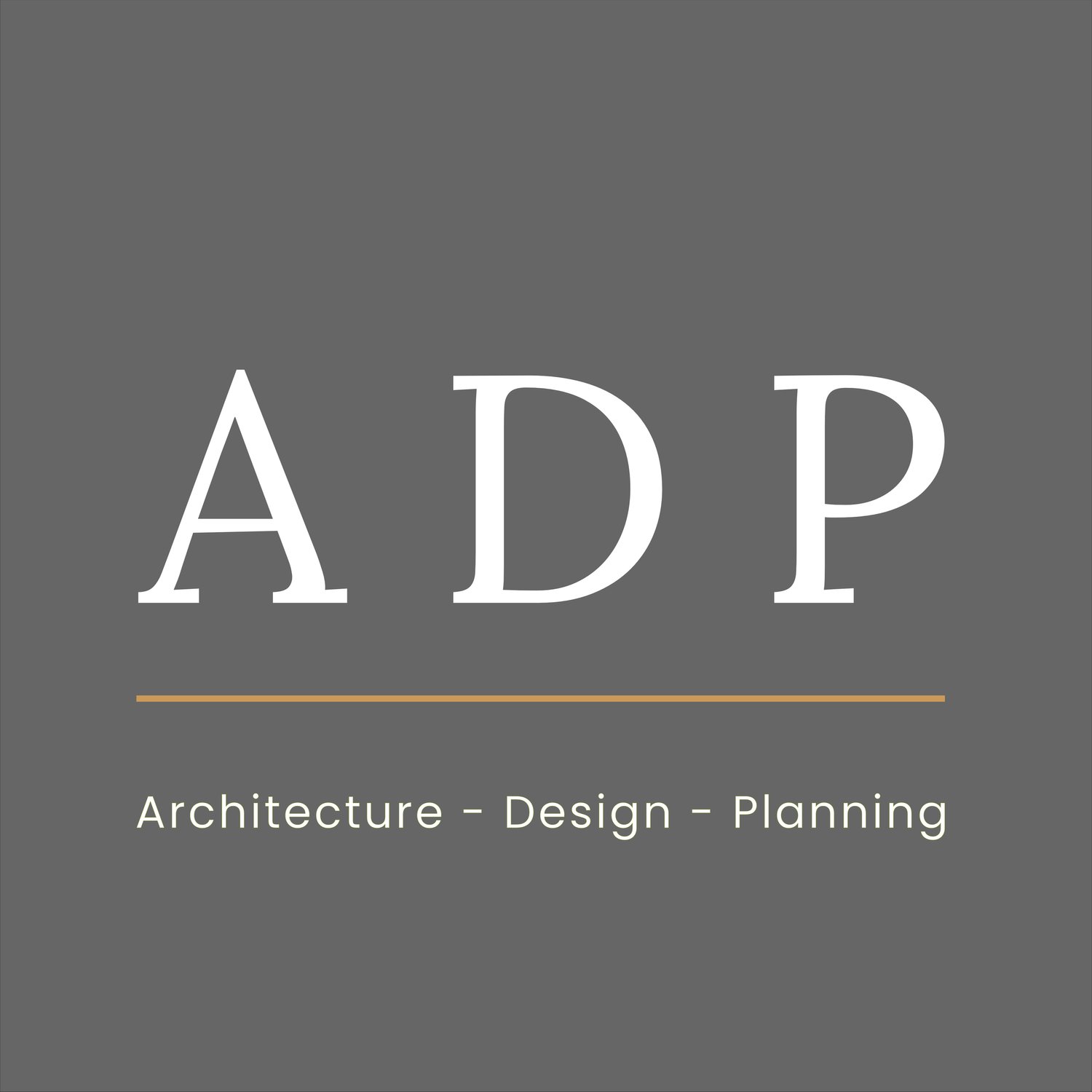‘Permission in Principle’ Approved in Uttlesford
We have recently secured a ‘permission in principle’ for 4 dwellings on the edge of village site in Uttlesford District.
The site is located outside of a settlement boundary, where the principle of development is not normally accepted. However, we were able to demonstrate that the Uttlesford District Council did not have a 5-year housing land supply, which meant that the policies restricting development beyond settlement boundaries could be deemed out of date. We then set out a strong case that highlighted the benefits of the scheme and that these benefits would outweigh any potential impacts.In support of the sustainability case put forward, the site, despite being located beyond the settlement boundary, is within a sustainable location, with good access to public transport accessibility, within easy reach of local schools and is within a settlement that the Council themselves have identified within their local plan as being one of the higher order villages in the district because of the availability of services and facilities.
The ‘permission in principle’ planning application process is still relatively new, and our application was one of the first submitted to and approved by Uttlesford District Council. The Permission in Principle (PiP) seeks to determine whether the principle of development is acceptable without the need to submit any technical details upfront. If approved, then at the second stage seeks permission is sought for the technical details.
The ‘permission in principle’ does have limitations. Developers can only make ‘permission in principle’ applications for small-scale residential-led development. This is defined as development of less than 10 dwellings, buildings with a floorspace of less than 1,000 square metres or development carried out on a site of less than 1 hectare.
Permission in Principle is meant to streamline the planning process as it requires less resources and information to justify development, thereby minimising the overall planning application submission costs, and the actual process is meant to take 5 weeks instead of the normal 8 weeks.
If you have a small development site and require planning advice, please contact us at mail@adpltd.co.uk to discuss further.
Follow us on Instragram and twitter

